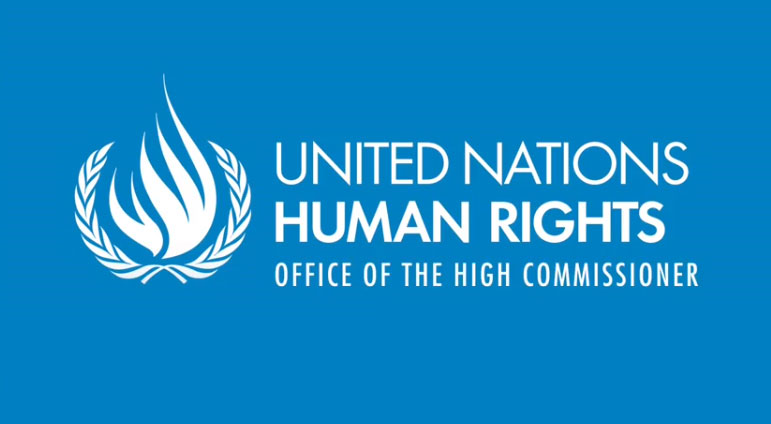
GENEVA (10 April 2015) – Speaking
ahead of the International Day for Street Children*, two United Nations human
rights experts reminded States that every child matters and that there are no
throw-away children.
The UN Special Rapporteurs on the
sale and sexual exploitation of children, Maud de Boer-Buquicchio, and on
adequate housing, Leilani Farha, called on States to invest in children working
or living on the street and to guarantee their full access to rights and
services, including housing, health and education.
“Abandoned, casted off, discarded,
rejected and thrown out: up to 150 million children in street situations
worldwide endure great deprivation and rights violations, with little to no
regard given to their best interest,” the experts said.
These children are escaping from
poverty, inadequate housing, broken families, domestic violence, displacement,
natural disasters, conflicts and wars. They take to the streets because there
is simply nowhere else to go. Once on the street they suffer from discrimination
and stigmatization.
“Children in street situations,
often having escaped from violence, face a very high risk of being sexually
exploited,” Ms. de Boer-Buquicchio underlined. “This vicious circle of abuse
must be brought to an end by effectively addressing and preventing ill
treatment in all settings, including in families”.
The current global economic crisis
has greatly affected the quality and quantity of available resources at the
national and local level. “Access to emergency shelters which can facilitate
the return of children in street situations to their homes or to alternative
settings is of primary importance,” Ms. Farha, emphasized.
“States must adopt longer term
housing strategies based on human rights which are integrated into economic policies
for families, to help prevent children turning to the streets,” she added.
Furthermore, the human rights
experts called on States to abrogate any laws which criminalize homelessness
through the prohibition of begging, vagrancy and loitering and must be strongly
discouraged from adopting such laws.
“There is an urgent need to invest in individualized assistance for children
living in street situations, to address the specific circumstances at the
source of their predicament,” the Special Rapporteurs noted.
“A key to changing the lives of
children in street situations is ensuring, where possible, their participation
in the development of human rights based programmes and policies concerning
them, as well as providing them with adequate housing and access to education,”
they said.
The experts urged States to support children in street situations through
specialized interventions to ensure that their rights, including the right to
freedom from violence and discrimination as well as their right to adequate
housing, are guaranteed.
“Children in street situations are
right holders as set out in the Convention on the Rights of the Child, and must
therefore be recognized, valued and treated as such,” they stressed.
(*)The International day for
street children was launched in 2011 by the Consortium for Street Children with
the support of AVIVA to raise awareness about the plight of children in street
situations.
The Special Rapporteurs are part
of what is known as the Special Procedures of the Human Rights Council. Special
Procedures, the largest body of independent experts in the UN Human Rights
system, is the general name of the Council’s independent fact-finding and
monitoring mechanisms that address either specific country situations or
thematic issues in all parts of the world. Special Procedures’ experts work on
a voluntary basis; they are not UN staff and do not receive a salary for their
work. They are independent from any government or organization and serve in
their individual capacity.
Special Rapporteur on the sale of
children, child prostitution and child pornography:
http://www.ohchr.org/EN/Issues/Children/Pages/ChildrenIndex.aspx
Special Rapporteur on adequate
housing as a component of the right to an adequate standard of living, and on
the right to non-discrimination in this context:
http://www.ohchr.org/EN/Issues/Housing/Pages/HousingIndex.aspx
For further information and media requests, please contact Ms.
Nekane Lavín (+41 22 917 94 02 / nlavin@ohchr.org/srsaleofchildren@ohchr.org).
For media inquiries related to
other UN independent experts:
Xabier Celaya, UN Human Rights – Media Unit (+ 41 22 917 9383 / xcelaya@ohchr.org)
UN Human Rights, follow us on
social media:
Facebook: https://www.facebook.com/unitednationshumanrights
Twitter: http://twitter.com/UNrightswire
Google+ gplus.to/unitednationshumanrights
YouTube: http://www.youtube.com/UNOHCHR
Check the Universal Human Rights Index: http://uhri.ohchr.org/en